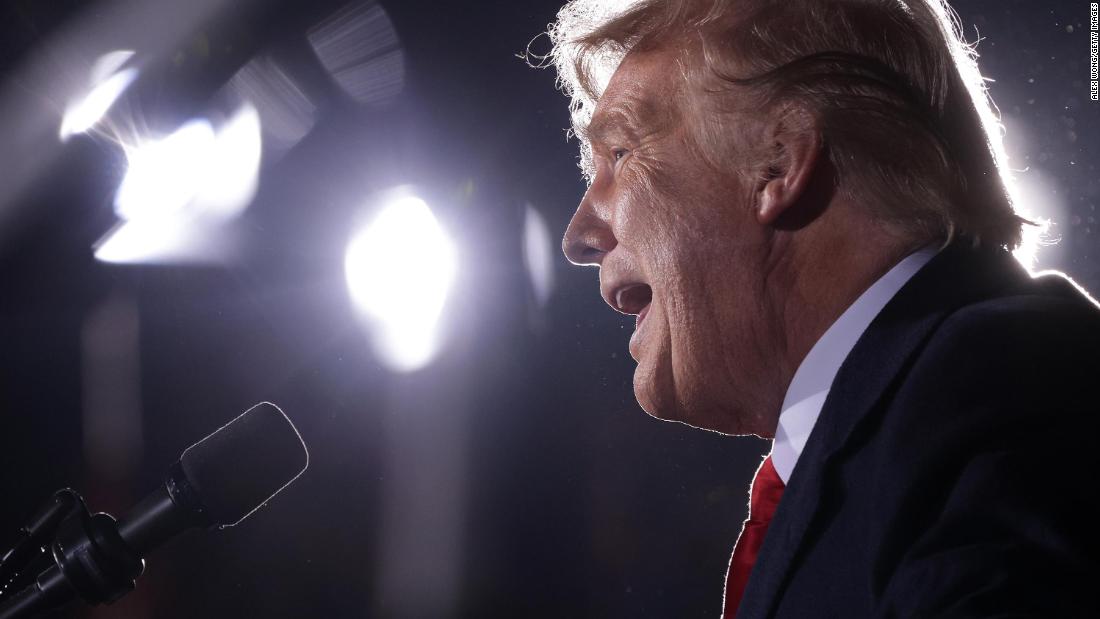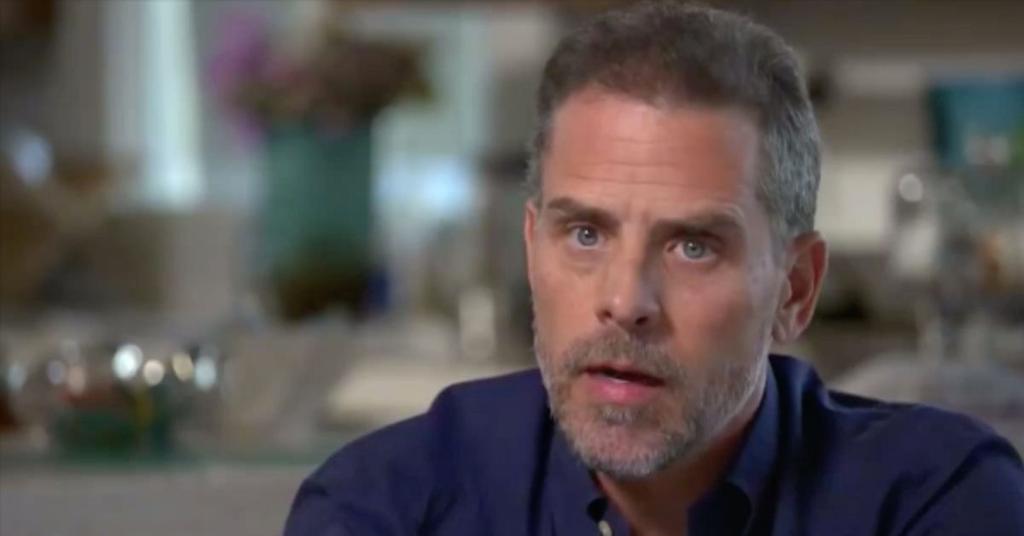Understanding The Use Of Presidential Pardons During Trump's Second Term

Table of Contents
The Scope of Presidential Pardon Power
The constitutional basis for presidential pardons lies in Article II, Section 2, Clause 1 of the U.S. Constitution, granting the President the power “to grant Reprieves and Pardons for Offenses against the United States, except in Cases of Impeachment.” This broad authority allows the President to offer several types of clemency, including:
- Full Pardon: A complete forgiveness of a crime, erasing the conviction and restoring all rights.
- Commutation of Sentence: A reduction of a sentence, often shortening prison time or altering the type of punishment.
- Amnesty: A pardon granted to a group of individuals, typically for political offenses.
However, this power is not absolute. Presidential pardon power is limited; it cannot be used in cases of impeachment, and it generally applies only to federal offenses. State-level offenses require a pardon from the relevant state governor.
- Historical Context: Presidential pardons have a long and complex history in the United States. Examples range from President Gerald Ford's pardon of Richard Nixon to President Jimmy Carter's amnesty for Vietnam War draft evaders. These acts have consistently sparked intense public and political debate.
- Criteria for Pardons: While there are no explicitly defined criteria, presidents often consider factors such as the severity of the crime, the individual's remorse, and the potential for rehabilitation. However, accusations of political favoritism frequently arise when pardons are granted.
- Controversial Pardons: History is replete with instances of controversial pardons, raising questions about fairness and the potential for abuse of power. These controversies often fuel broader discussions about the ethical boundaries of presidential authority.
Notable Pardons Issued During Trump's Second Term
Trump's second term witnessed a significant increase in the number of pardons issued, many of which were highly controversial and involved high-profile individuals. Several cases stand out:
- Roger Stone: A long-time political advisor to Trump, pardoned for obstruction of justice, witness tampering, and making false statements. The timing of the pardon, close to the end of Trump's presidency, raised eyebrows.
- Michael Flynn: Trump's former National Security Advisor, pardoned for lying to the FBI. This pardon was seen by many as an attempt to undermine the ongoing investigations into Russian interference in the 2016 election.
- [Insert other relevant examples here]: Include names, crimes, and brief analysis for other significant pardons. Detail the political affiliations of the pardoned individuals.
The public and political reactions to these pardons were sharply divided, with supporters arguing they were justified while critics accused Trump of abusing his power for personal gain and political expediency. The timing of many of these pardons, often near the end of his term, further fueled these accusations.
The Legal and Ethical Debates Surrounding Trump's Pardons
The wave of pardons issued during Trump's second term ignited fierce legal and ethical debates. Arguments for the pardons often centered on the president's constitutional authority and the idea of offering mercy and second chances. However, critics pointed to:
- Political Favoritism: Accusations of using pardons to reward political allies and protect individuals who might otherwise face legal consequences.
- Abuse of Power: Concerns that Trump was using the pardon power to undermine the rule of law and obstruct justice.
- Lack of Transparency: The lack of clear and consistent criteria for issuing pardons exacerbated concerns about arbitrariness and bias.
Legal challenges to Trump's pardon decisions were relatively limited due to the broad scope of presidential pardon power. However, the actions sparked heated discussions amongst legal experts and commentators, raising questions about the integrity of the justice system and public trust in government institutions. Relevant Supreme Court cases, like Ex parte Grossman (1924), which upheld the president's pardon power, were cited frequently in these debates.
The Long-Term Impact of Trump's Second Term Pardons
The long-term consequences of Trump's second-term pardons remain to be fully seen, but several potential impacts are evident:
- Future Legal Processes: These pardons could affect future prosecutions and investigations, creating potential obstacles for law enforcement.
- Fairness and Impartiality of the Justice System: The perceived fairness and impartiality of the justice system could be undermined if pardons are seen as being granted based on political considerations rather than legal merits.
- Precedents for Future Presidents: The actions set precedents for future presidents' use of pardon powers, potentially emboldening them to utilize pardons for similar purposes.
The impact on the rule of law and due process is a significant concern. Calls for reform, such as greater transparency in the pardon process and stricter criteria for granting clemency, have emerged in the aftermath of these controversial decisions. The legacy of these actions on the presidency and the nation's perception of justice will continue to be debated and analyzed for years to come.
Conclusion
This article has examined the significant increase in presidential pardons during President Trump's second term, analyzing notable cases, legal debates, and potential long-term impacts. The exercise of this considerable executive power raises ongoing questions about the balance between executive authority and the rule of law. The use of presidential pardons remains a complex issue with far-reaching consequences.
Understanding the use of presidential pardons is crucial for informed civic engagement. Further research into the history and implications of presidential pardons, particularly those granted during Trump’s second term, is essential for maintaining a transparent and accountable government. Continue learning about the complexities of executive clemency and its impact on American society.

Featured Posts
-
 La Liga Hyper Motion Almeria Contra Eldense En Directo
May 16, 2025
La Liga Hyper Motion Almeria Contra Eldense En Directo
May 16, 2025 -
 Warrens Defense Of Biden A Critical Analysis
May 16, 2025
Warrens Defense Of Biden A Critical Analysis
May 16, 2025 -
 Apa De Robinet Romania Riscuri Si Zone Periculoase
May 16, 2025
Apa De Robinet Romania Riscuri Si Zone Periculoase
May 16, 2025 -
 Fbi Investigating Millions In Losses From Executive Office365 Compromises
May 16, 2025
Fbi Investigating Millions In Losses From Executive Office365 Compromises
May 16, 2025 -
 Lietuviai Neinvestavo Boston Celtics Parduotas Uz Rekordine Kaina
May 16, 2025
Lietuviai Neinvestavo Boston Celtics Parduotas Uz Rekordine Kaina
May 16, 2025
